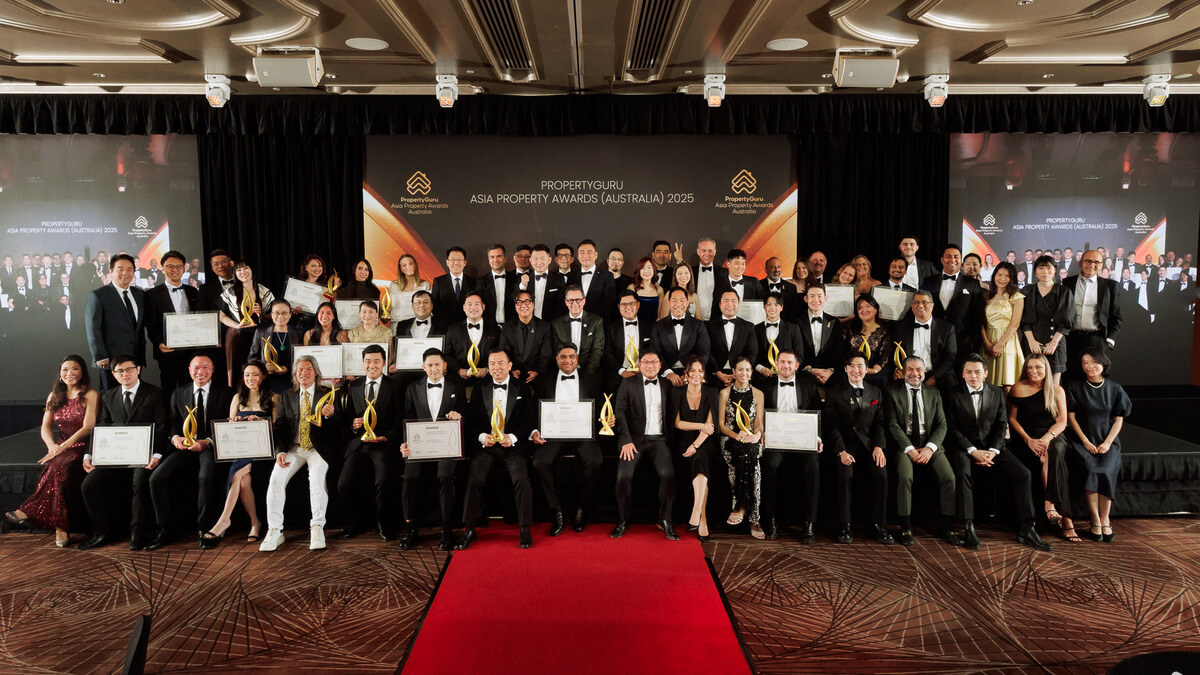
- Premium hotel sector records $1.53 billion transactions despite economic challenges.
- Domestic investors dominate transactions; offshore investors expected to increase activity.
- Luxury hotel segment excels, with Sydney's sector seeing remarkable growth.
Australia’s burgeoning premium hotels sector has weathered the poor economic conditions of the past year, emerging as the market’s star performer, with the transaction volume for hotels above $50 million hitting $1.53 billion, or 64% of all hotel investments in 2023, according to a new report by Colliers.
Premium (+$50 million) hotel sales 2023
| Property | City | State | Rooms | Price | Price per Room ($) |
|---|---|---|---|---|---|
| Waldorf Astoria | Sydney | NSW | 220 | $520 million | $2.4 million |
| Escarpment Portfolio * | Various | NSW | 237 | $200 million | Not applicable |
| Batman Hill on Collins | Melbourne | VIC | 190 | $55 million | $289K |
| Sheraton Grand Mirage | Gold Coast | QLD | 295 | $192 million | $650K |
| Ibis & Novotel | Melbourne | VIC | 472 | $170 million | $360K |
| Sofitel Adelaide | Adelaide | SA | 251 | $154 million | $613K |
| The Old Clare Hotel | Sydney | NSW | 69 | $61.8 million | $895K |
| Courtyard by Marriott | North Ryde | NSW | 196 | $55.5 million | $283K |
| Novotel Sydney Parramatta | Parramatta | NSW | 194 | $53.5 million | $276K |
| Oaks on William | Melbourne | VIC | 220 | Confidential | Confidential |
| TOTAL | 2,344 | $1.529 million | $652K |
Source: Colliers.
Healthy demand for hotels prompts investor rush
Colliers head of hotels transaction services, Karen Wales, commented that a 21% surge in premium hotel transaction volume last year caused average hotel sales to leap by 19.1% to $41.8 million, as prices for premium assets in gateway cities and leisure markets stayed resilient.
Australian hotel transactions 2020 to 2024F

“Investors see the opportunity presented by improving demand levels, which supported increases in room rates across key markets of 20-50%, compared to 2019.” Wales said.
“Positive sentiment around recovery in travel and asset performance continue to be key investment drivers across the hotels market, ensuring investment volumes held up well last year compared to other commercial property asset classes, decreasing only 7% compared to 2022 to $2.4 billion.
“While established portfolio hotel owners accounted for 87% of transactions in 2023 and acquired all ten premium assets on the market, the hotels sector continues to attract new investors with lower cap rate expansions and more capital targeting quality opportunities across the burgeoning sector.”
Domestic investors dominated premium transactions in 2023
Surprisingly, domestic investors were responsible for 77% of transactions in the previous year, a level of domestic investment unseen since 2006 for this buyer segment.
Nevertheless, offshore investors are predicted to be more active this year, building upon the whopping $30 billion worth of premium hotels they presently own.
Colliers national director of hotels, Neil Scanlan, remarked that many opportunistic funds chose to hold onto their capital reserves or moderate their acquisitions, believing there would be better deals in 2024.
“A superior level of due diligence and asset level performance will become more important for purchasers than in recent years when low-interest rates, competitive capital flows, and cap rate compression lifted the market overall,” Scanlan said.
Premium hotels leave their ageing counterparts in the dust
Premium hotels are projected to remain in the lead, outpacing their older counterparts, with luxury and upscale hotels wielding average occupancy rates north of 70%, and a national average daily rate of $326 over the 2023 fiscal year.
Sydney’s luxury sector had an exceptional year. Room rates grew by 26% compared to the pre-pandemic era, averaging $450 last year. The segment was aided by new ultra-luxury assets, like Crown Resort and Capella Sydney, together with luxury lifestyle brands W and Ace Sydney.
“Australia’s high-performing premium hotel market has swelled over the past ten years with the development of more than 36,000 new rooms,” Wales said.
“There are now more than 117,000 premium hotel rooms nationally, with a combined value of almost $60 billion, providing a breadth of opportunity for sophisticated hotel investors.
“The lion’s share of premium stock is in Sydney, with an estimated value of more than $22 billion.
“Notwithstanding the boom in premium stock underpinning the evolution of the sector, Australia will still be under-represented when it comes to premium lifestyle hotels, despite more brands coming to our shores throughout 2024, expanding on the currently available 6,000 rooms or 5% of the total premium hotel market.
“Strategic investors will look past any short-term volatility for long-term returns, which lie with industry megatrends such as lifestyle, sustainability, automation and wellness.”
The future looks bright for the hotel business
Wales noted that investors interested in secondary and older hotel assets were not looking to get into the hotel business, but rather, convert said assets for other uses, such as build-to-rent, co-living, or residential, aiding the government’s efforts to tackle the housing crisis.
“The uptick in listings seen in Q3 2023, and the fact that there are currently around $2.2 billion assets currently on the market, points to higher levels of investment activity over 2024, and we expect transaction volumes to reach $2.5 billion.”
“While 2024 will bring both new challenges and generational opportunities for hotel investors, pent-up demand for travel remains elevated, and the sector’s market dynamics indicate progressive recovery to pre-pandemic norms.”
Karen Wales, Colliers







